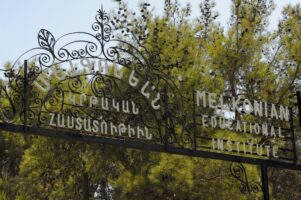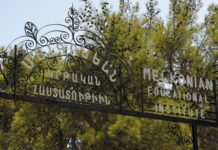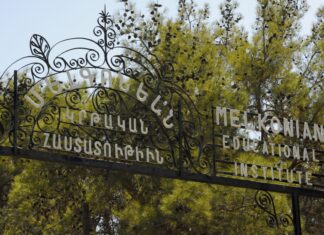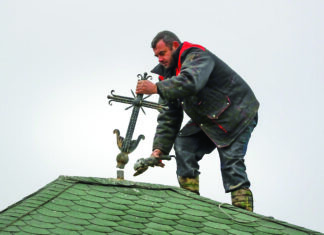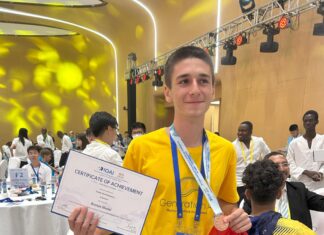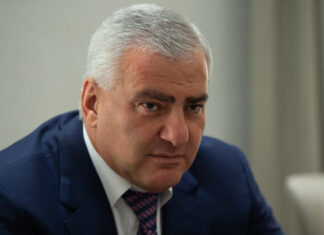YEREVAN/YABLONOVSKY, Russia — Few people in Armenia know Russian linguist and translator Alexey Lyubimov, despite his close ties with Armenia and the Armenian language. Recently, Vadim Arutyunov’s interview with him was posted on the Internet, which aroused great interest among our compatriots. Thank you to Vadim Arutyunov for revealing this friend of ours to the Armenian people and the Armenian language!
Alexey was born in 1983 in Novoshakhtinsk, in the Rostov region. He studied languages at the Rostov-on-Don Institute of Foreign Languages. He worked as an editor of Armenian articles in Nakhichevan of Don newspaper of the Armenian community of Rostov, and also taught Armenian at the Armenian Sunday school in Rostov. He lives in Yablonovsk, Republic of Adygea, with his Armenian wife and sons, Hayk and Daniel, and works as a freelance translator, translating from Armenian to English into Russian and from Russian to English.
Correspondence and telephone conversations started between me and Alexei. I admire his fluency in speaking and writing Armenian.
Dear Alexey, the website of Russian translators mentions that your native language is not only Armenian, but also Russian. And that is in the case when you do not have Armenian origin and did not grow up in Armenia. How is that possible?
As a child I had many Armenian friends and I already spoke Armenian, mainly in the Artsakh dialect. When I moved to Rostov-on-Don, I started attending the Armenian community in Rostov and learning literary Armenian. After some time, I decided to learn the Old Armenian, Western Armenian and many dialects of Armenian. The Armenian language has long been as dear to me as Russian, and Armenian culture, song, dance, cuisine have really become an integral part of my life.
How do you explain that despite the 200-year-old relations between Armenians and Russians, there are almost no Russian scholars possessing Armenian?
